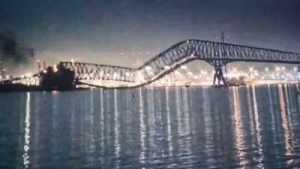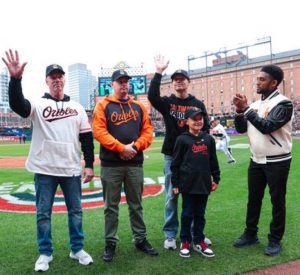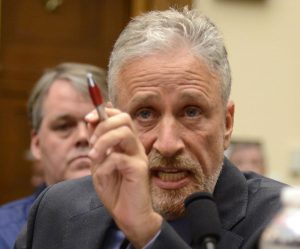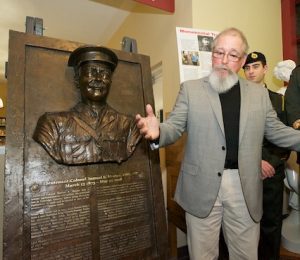
Instincts cannot be unlearned. Early last Tuesday morning (March 26), a retired chief of the Baltimore fire department was wakened when he heard rumbling and felt his house shake. He lives a short distance from the Patapsco River. He said the experience “felt like an earthquake.”
Interviewed by The Associated Press in the U.S., former firefighter Donald Heinbuch explained that instinct told him to drive to toward the unearthly sound. Then, he described what he saw. “The (container) ship was there, and the bridge was in the water – like it was blown up.”
Because video captured it, we know that at about 1:30 a.m., the 300-metre-long vessel, Dali, without power and apparently unable to avert a collision, slammed into one of the pillars of Francis Scott Key Bridge. Seconds after that, virtually all spans of the 2.6-kilometre-long structure at the entrance to Baltimore Harbor collapsed.
Also visible in the video were flashing lights on the bridge where an overnight construction crew was repairing the bridge deck. The lights and all went down with the bridge. It appears that six of eight men in that crew died in the collapse.

Almost lost in the coverage of the disaster, however, were the 90 seconds that elapsed between a mayday call issued from the powerless ship and the bridge collapse. In that minute and a half, three men – Paul Pastorek, Jeremy Herbert and Garry Kirts – reacted.
Trained members of the Maryland Transportation Authority Police (MTAP), the three officers immediately halted traffic from entering either end of the bridge and even tried to reach the doomed construction workers. Last year, 12 million vehicles crossed it. Even in the middle of the night, allowing normal traffic to mount the spans would have increased the death toll by scores, maybe hundreds.
Why don’t we give first responders such as these men more praise?

The other night, we watched a PBS rebroadcast of the 2022 Mark Twain Prize for American Humor being awarded to comedian, commentator and activist Jon Stewart. Highlighted among his achievements was his appearance before Congress in 2019 when he opposed the limit in payouts to 9/11 first responders.
“They did their jobs,” he testified in front of U.S. lawmakers. “Now, you do yours!”
Does anyone remember the name Barbara Winters? In 2014, on her way home from her government job in Ottawa, she entered the National War Memorial square seconds after Cpl Nathan Cirillo, serving as an honour guard, was shot. With several other Good Samaritans, Winters (a former military medic) rushed to the dying Cirillo.
“I told him he was loved and that he was brave and that he was a good man,” she told then As It Happens host Carol Off.
Fortunately, authorities did the right thing. Winters and five others received the St. John Ambulance Service’s gold Life Saving Medal, as well as acknowledgment from the Governor General and the Department of National Defence for their bravery.
“I can’t describe it in any other way other than to say that in those minutes, there was nothing else in the world … but to try and save his life,” she said.

About 10 years ago, I met and got to know sculptor Tyler Briley in Port Perry. At the time, he and I joined a campaign to have 116th Ontario Battalion commander Samuel Sharpe instated in the Book of Remembrance on Parliament Hill for his service and death in the Great War.
Briley had created a bust of Sharpe to inspire Parliamentarians to do the right thing. In the course of our friendship, I learned Briley had served as a GTA firefighter. “I loved every minute of it,” he told me, but added that he’d sustained numerous injuries, some not visible.
“I’ve seen things people shouldn’t have to see. Looking back, I should have been treated for PTSD.”
Fortunately, the Uxbridge Firefighters’ Association has led the campaign to fundraise and install a new Tyler Briley sculpture in front of the fire hall. Plans call for the Firefighter Memorial Statue and Garden to be completed and unveiled on Oct. 5 this year.
Last weekend, during the Baltimore Orioles’ home opener, Maryland Governor Wes Moore called MTAP bridge officers Pastorek, Herbert and Kirts a “bright light for our nation.” Despite the acknowledgment, they downplayed their heroism saying, “no amount of training could have prepared anyone for (those) events …”
It seems to me if we train men and women to rush to where the rest of us fear to go, we need to educate ourselves how to marvel and allow first responders the space, time and opportunity to be recognized as heroes.